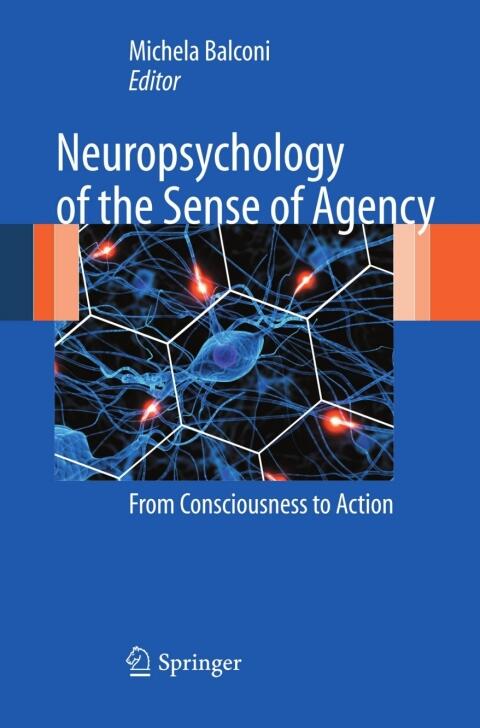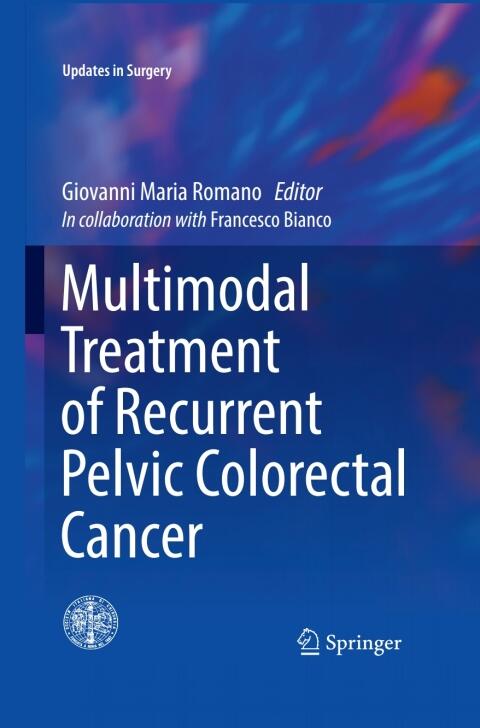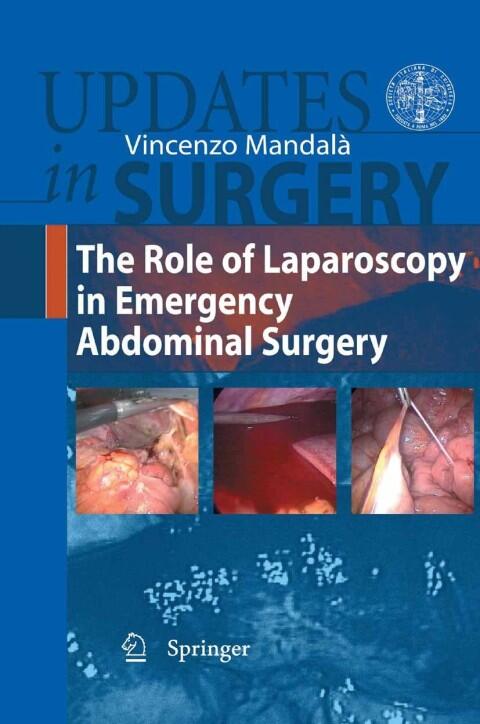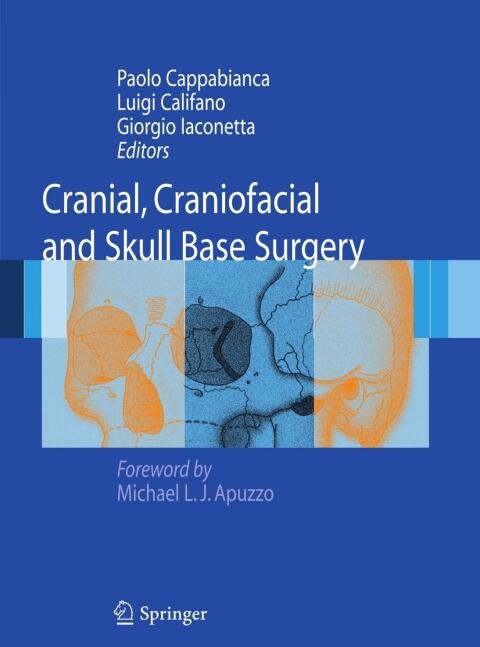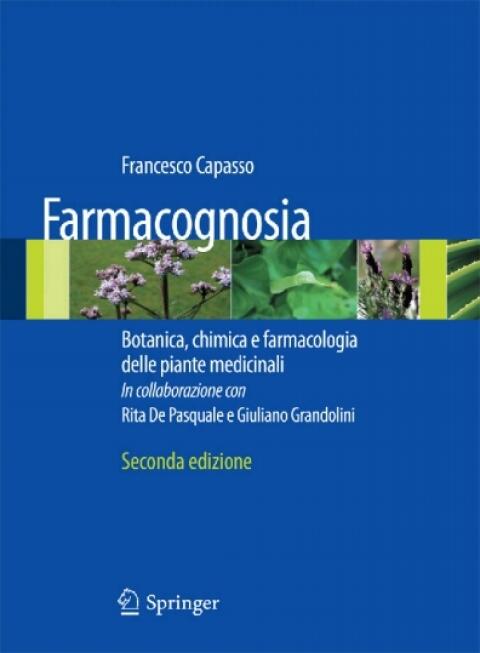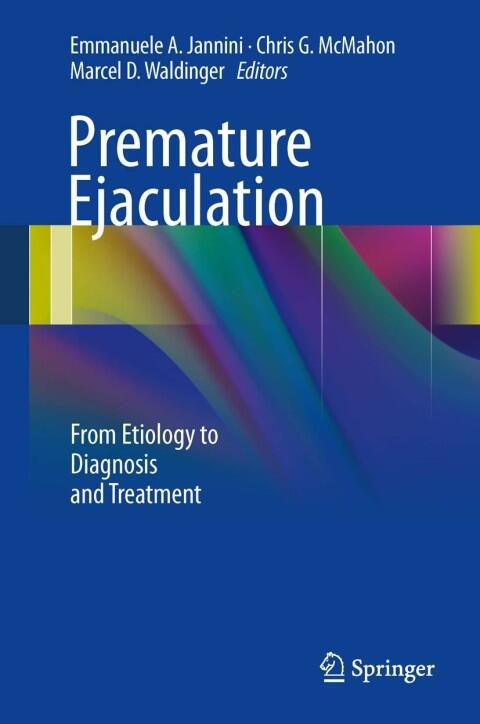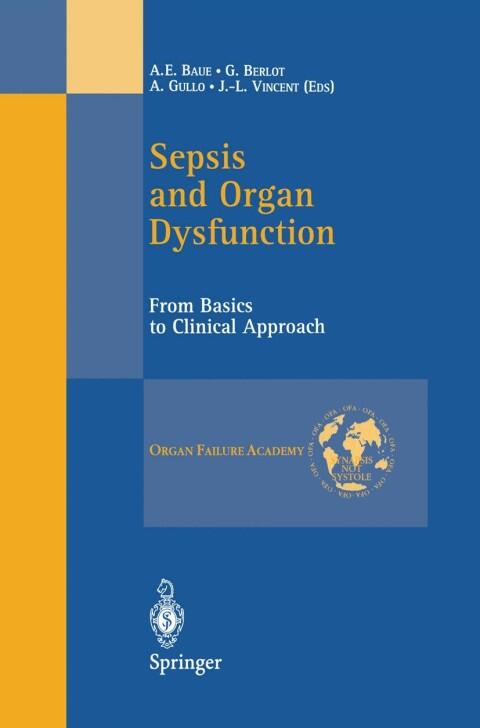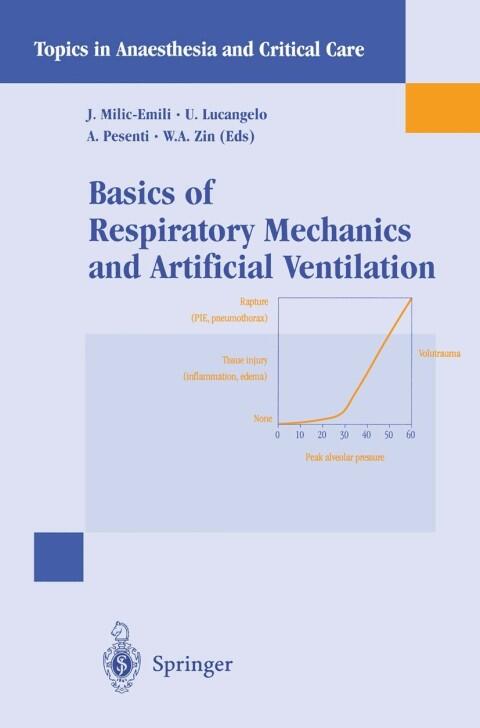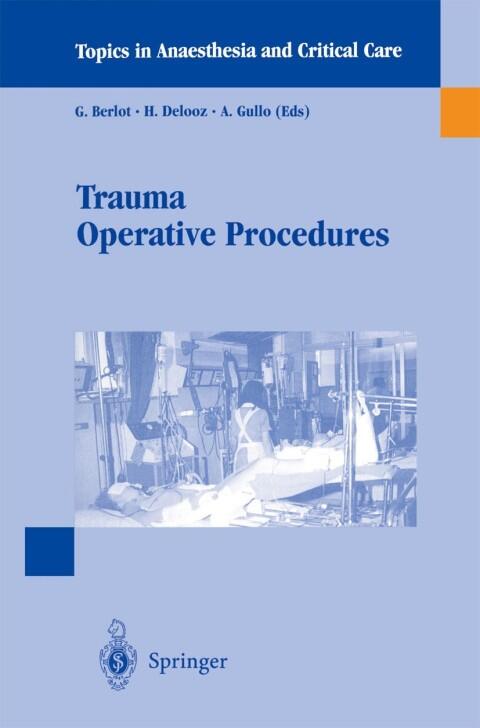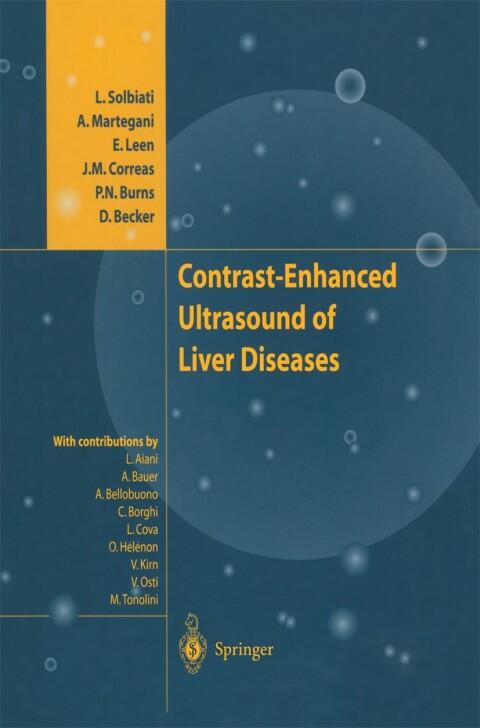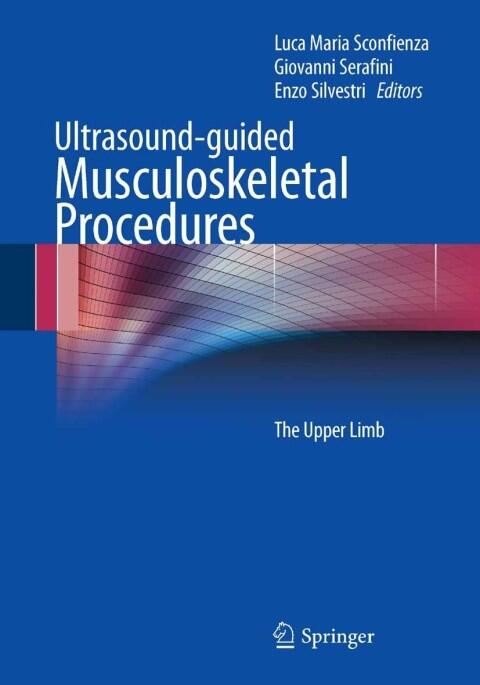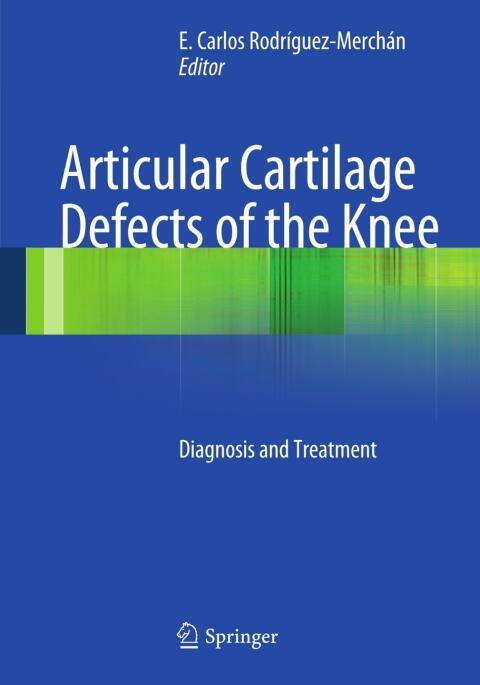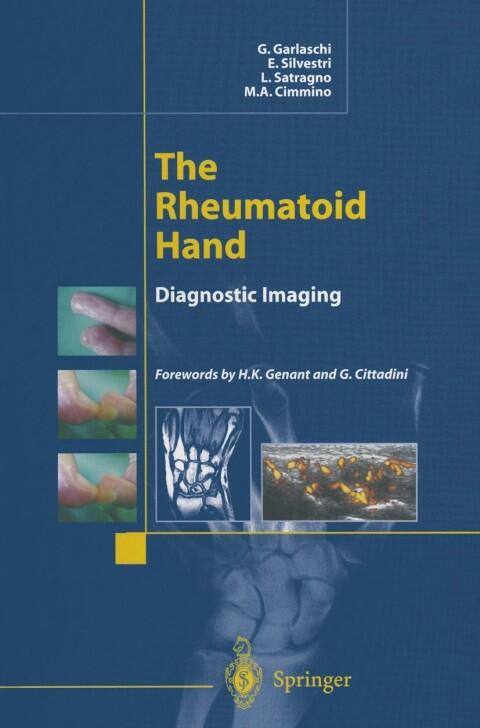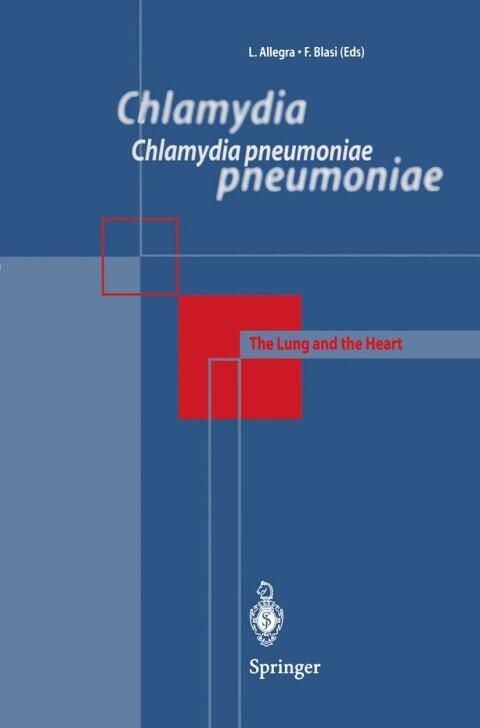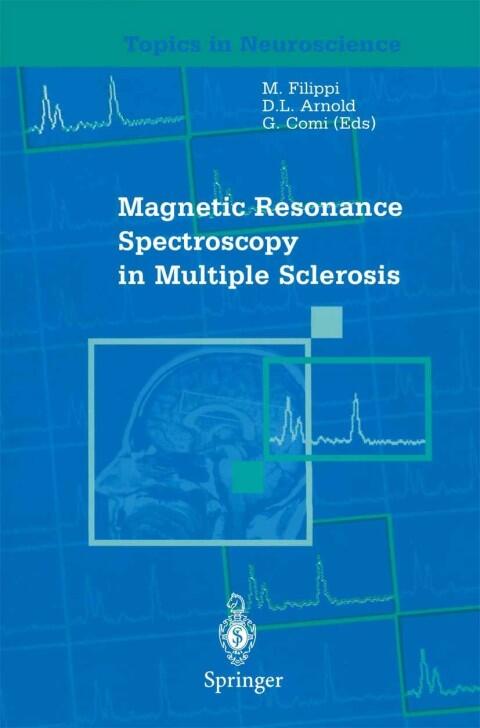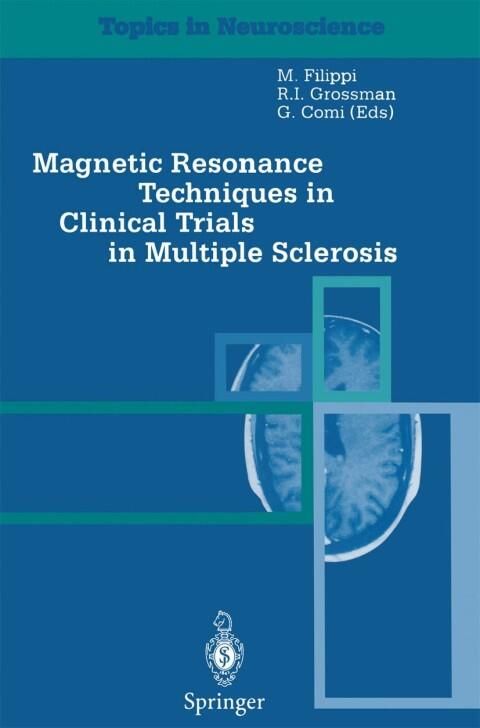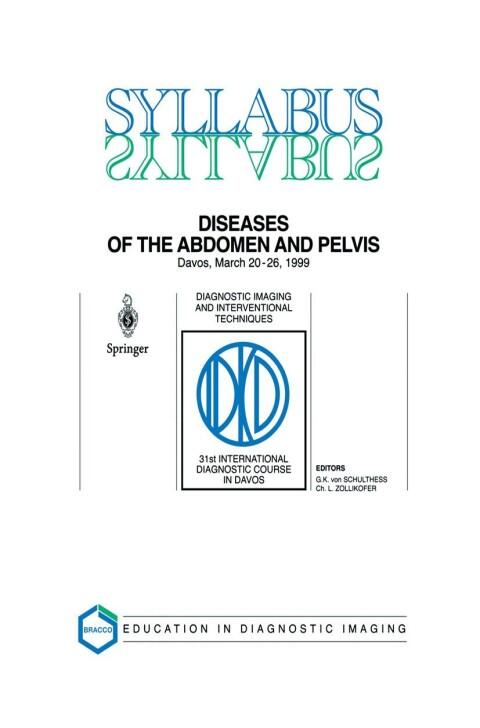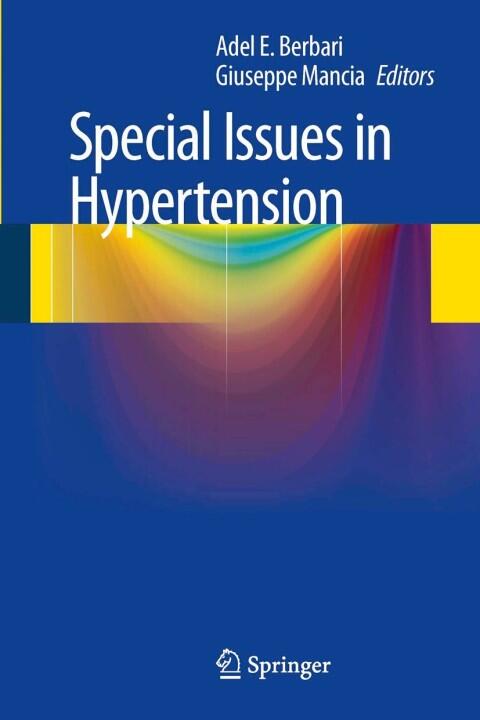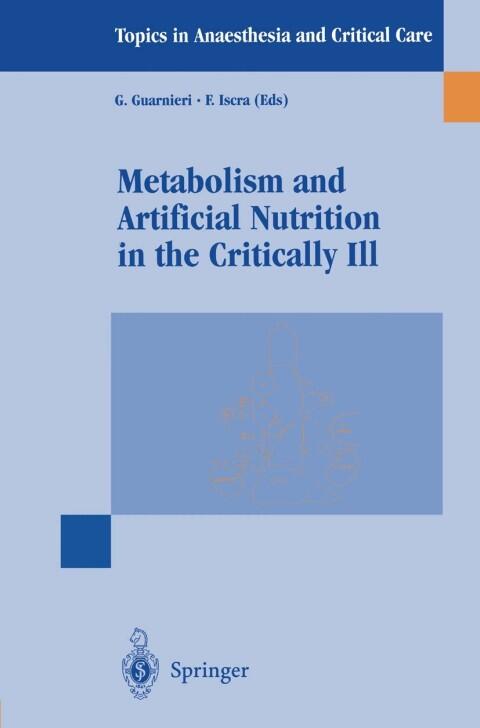
Metabolism and Artificial Nutrition in the Critically Ill
بواسطة
G. Guarnieri
,
F. Iscra
لا توجد تقييمات بعد
Health & Wellness
تنسيق
كيندل
صفحات
258
لغة
الإنجليزية
منشور
Jan 1, 2012
الناشر
Springer
الطبعة
1999
رقم ISBN-10
8847029015
رقم ISBN-13
9788847029019
الوصف
In the complicated landscape of intensive care, the management of critically ill patients is fraught with challenges, particularly when addressing their unique metabolic needs. The authors delve into the intricate relationship between metabolism and artificial nutrition, shedding light on how these factors influence patient outcomes. By examining the physiological responses of the body during critical illness, they reveal how alterations in metabolism can significantly affect recovery and treatment efficacy.
Through an exploration of current practices, the text highlights the importance of tailored nutritional strategies that align with patients' metabolic states. It emphasizes the necessity of monitoring and adjusting nutritional interventions in response to ongoing changes in health. This adaptive approach not only supports organ function but also aids in minimizing complications associated with malnutrition.
Additionally, the authors provide insights into the interplay between metabolic pathways and various therapeutic interventions. Such knowledge equips healthcare providers with a better understanding of how to optimize nutrition while navigating the complexities of critical care environments.
This comprehensive examination serves as a valuable resource for practitioners aiming to enhance their understanding of metabolism and nutrition in critically ill patients. Ultimately, it underscores the profound impact of effective nutritional management on patient recovery and survival in the high-stakes setting of intensive care.
Through an exploration of current practices, the text highlights the importance of tailored nutritional strategies that align with patients' metabolic states. It emphasizes the necessity of monitoring and adjusting nutritional interventions in response to ongoing changes in health. This adaptive approach not only supports organ function but also aids in minimizing complications associated with malnutrition.
Additionally, the authors provide insights into the interplay between metabolic pathways and various therapeutic interventions. Such knowledge equips healthcare providers with a better understanding of how to optimize nutrition while navigating the complexities of critical care environments.
This comprehensive examination serves as a valuable resource for practitioners aiming to enhance their understanding of metabolism and nutrition in critically ill patients. Ultimately, it underscores the profound impact of effective nutritional management on patient recovery and survival in the high-stakes setting of intensive care.
